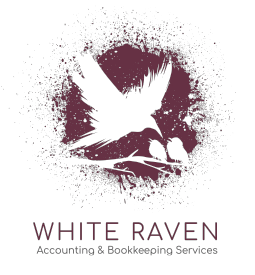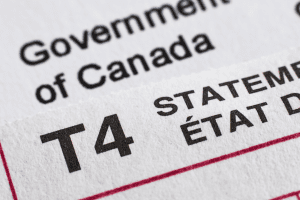Small business owners have a lot on their plate. From managing employees to marketing their products or services, there’s no shortage of tasks to keep them busy. Unfortunately, financial management often gets pushed to the side, which can lead to small business finance mistakes that cost time and money. In this blog post, we’ll discuss some of the most common mistakes small business owners make with their finances, and provide tips for avoiding them.
Mixing Personal and Business Finances
One of the most common mistakes small business owners make is commingling their personal and business finances. This can make it difficult to track expenses and revenue, as well as make tax compliance a nightmare. Not only that but mixing your personal and business finances can also make it harder to secure funding, as lenders and investors will want to see clear financial statements.
To avoid this mistake, it’s important to set up separate bank accounts, credit cards, and other financial accounts for your business. This will make it easier to track expenses and revenue and will make tax compliance much simpler. Additionally, you should avoid using your personal funds to cover business expenses and vice versa.
Not Keeping Accurate Financial Records
Another mistake that small business owners make is not keeping accurate financial records. This can make it difficult to track expenses and revenue and can lead to costly errors when filing taxes. Inaccurate financial records can also make it hard for business owners to make informed decisions about their business.
To avoid this mistake, it’s important to keep detailed records of all your financial transactions. This includes invoices, receipts, and bank statements. Additionally, you should use accounting software, such as QuickBooks or Xero, to help you stay on top of your finances. This software can help you track expenses and revenue, as well as prepare financial statements.
Not Budgeting or Forecasting
Budgeting and forecasting are important tools for financial planning and decision-making. Yet, many small business owners don’t take the time to create a budget or forecast for their business. This can make managing cash flow difficult and lead to financial surprises.
To avoid this mistake, it’s important to create a budget and forecast for your business. A budget will help you track your expenses and revenue, and will give you a better understanding of your cash flow. A forecast will help you plan for the future and make informed decisions about your business.
Not Seeking Professional Advice
Small business owners often feel that they can handle their finances on their own. However, there are many benefits to seeking professional advice, such as help with tax compliance and financial planning. Not seeking professional advice can lead to costly mistakes., which can hurt the business
To avoid this mistake, it’s essential vital to seek professional advice from an accountant or bookkeeper. They can help you with tax compliance, financial planning, budgeting, and forecasting. Additionally, they can help you set up a financial system that will work for your business.
Avoid Small Business Finance Mistakes –
Leave Your Calgary Accounting To White Raven
Small business owners have a lot on their plate, and financial management can often take a backseat. However, it’s important to stay on top of your finances to avoid costly mistakes. By keeping separate accounts, and accurate financial records, creating a budget and forecast, and seeking professional advice, small business owners can better manage their finances and make informed decisions about their business.





